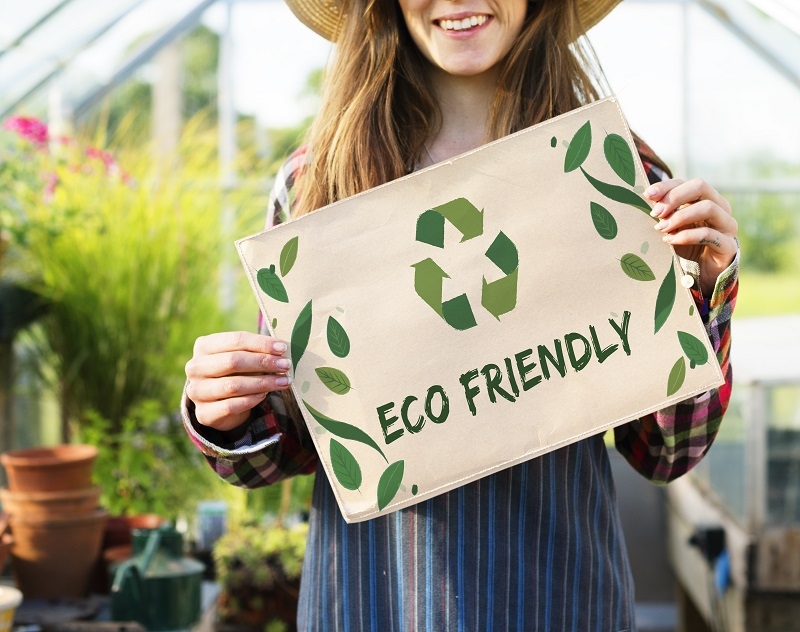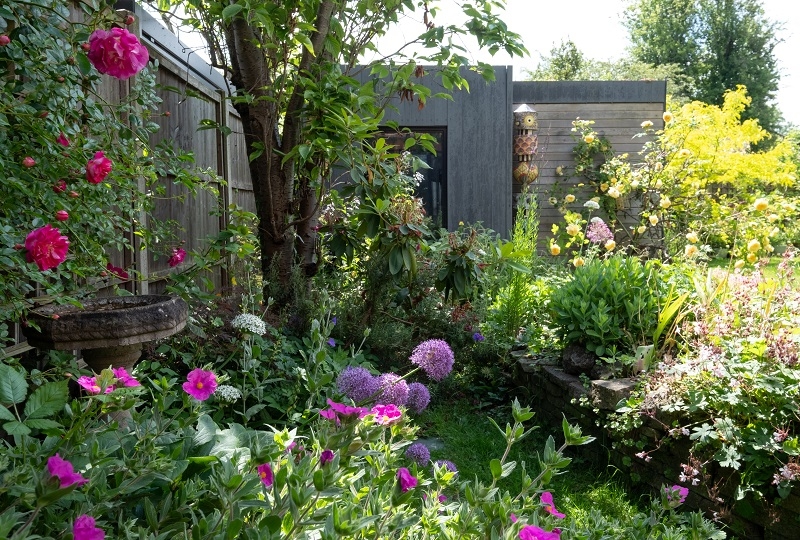
Eco-friendly gardening is no longer a trend, but should be a priority and means of living in support of a healthy oasis in your home. Sustainable gardening practices and organic gardening at home will improve health—not only for your plants, but for the planet! By using sustainable gardening practices and organic gardening practices, an environmental garden may be developed which supports biodiversity, manages waste wisely, and aids in caring for the environment. This guide will go beyond learning the ins and outs of environmentally-friendly gardening methods to understand how to manage and implement them successfully.
Sustainable gardening is the stewardship and contribution to a garden that does not provide an advantage over an unsustainable garden. By incorporating sustainable and organic gardening practices, the gardener can lessen pollution, save water, and support wildlife.
Practicing home organic gardening assures healthy plants that do not rely on toxic fertilizers or pesticides while caring for a garden that creates a safer atmosphere for pets, children, and pollinators. Making your garden and outdoor space greener through garden hacks can turn any outdoor space into a lush, fruitful, and environmentally friendly space.
Sustainable gardening techniques are all about growing a garden and environmental health over the long haul. Some oversized methods that are key considerations to keep in mind are:
These additional environmental practices will allow you to create and maintain a healthy, productive garden while reducing the planet's impact.
Sustainable organic gardening conservation at home means growing plants without synthetic chemical pesticides and fertilizers.
Organic gardening regenerates soil and produces healthier flowers, vegetables, and fruit. The three basic home organic gardening practices are as follows:
Organic growing at home will provide chemical-free produce and a larger connection to nature.
Sustainably managing your gardens will save you time, energy, and resources while getting your garden healthier!
Here are some options that are practical and real-world:
These green garden tips can help you have a greener and healthier gardening experience.
Suggestions for chemical-free gardening help you avoid nasty chemicals that can harm the soil, plants, and the local wildlife. The primary approaches are:
With the above chemical-free, organic gardening suggestions, you should be able to have a beautiful, safe garden for all of us, as well as the ecosystem.
Sustainable or eco-friendly practices should apply to all aspects of your garden care in a sustainable garden.
Green gardening practices will keep your garden in productive and sustainable condition with the least harm to the Earth.

Companion planting is an organic gardening practice that selects or pairs plants that have a mutually beneficial relationship with one another to grow together to enhance growth and biocontrol insect issues organically. For example:
Marigolds will keep away nematodes and draw in pollinators for better yields of your vegetables.
This approach uses little to no chemical pesticides, consistent with chemical-free gardening literature supporting home organic gardening.
Soil health plays a significant role in responsible gardening. A number of sustainable gardening practices, such as composting, adding cover crops, and mulching, benefit soil structure and fertility and retain soil moisture. Responsible practices also include avoiding chemical fertilizers that harm soil microorganisms, disturb the ecosystem's balance, and implementing crop rotation. Organic matter should always be introduced to maintain soil health and nutrients that encourage healthy plant growth.
Watering practices hold an essential place amongst sustainable gardening practices. Excessively watering may waste water, increase plant diseases, and not watering enough creates stress in plants. Recommended methods of irrigation that are already in use:
These are sustainable gardening practices that directly enhance our limited resources.
Eco-friendly and organic home gardening also involves thinking seasonally. Here are some thoughts on that:
Each season ensures you can build a sustainable garden that can yield year - to - year while remaining sustainable.
Eco-friendly gardening promotes waste reduction by:
People who garden can help sustain a healthy green space by lowering waste and environmental harm.
Biodiversity contributes to ecosystem health and resiliency. Gardening practices that incorporate native plants, provide pollinator habitats, and eliminate harmful chemicals promote biodiversity. Chemical-free gardens offer a healthy environment for birds, bees, and beneficial insects to thrive, providing organic pest control of unwanted insect pests and pollination services for local plants. Other recommendations for sustainable gardening practices, including birdhouses or insect hotels, support local biodiversity and may help stabilize the local ecosystem.
Making your own projects allows for enhancing sustainability in your garden.
Completing some do-it-yourself projects goes with sustainable gardening practices and involves making eco-gardening fun and rewarding.
Even eco-friendly gardeners make mistakes. Avoid these common mistakes.
If you avoid these mistakes, your garden will be good, sustainable, and chemical-free!
Being eco-friendly is more than a hobby; it is a lifestyle choice that supports your home gardening and benefits the world! There are many productive means of creating a green space for your family that are both sustainable and green, such as using sustainable gardening practices, home organic gardening tips, and gardening without the excessive use of chemicals.
When you adopt eco-friendly gardening tips and sustainable gardening practices, you can be assured that your eco-garden is as healthy as possible and that you are doing your part to help care for the planet for future generations. Start today with your beautiful eco-garden that will benefit you and Mother Earth.
This content was created by AI